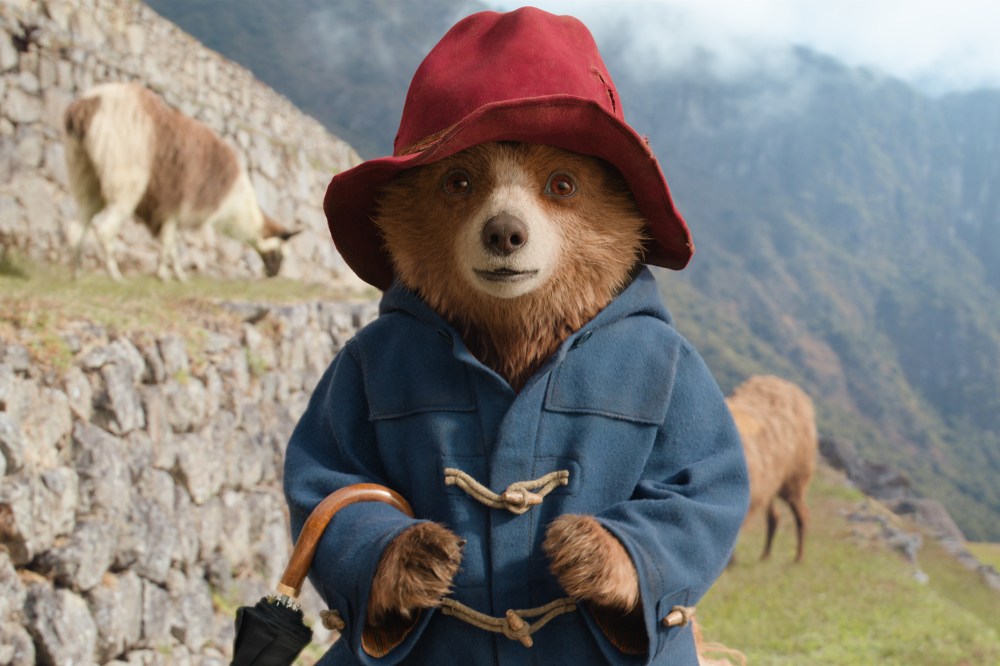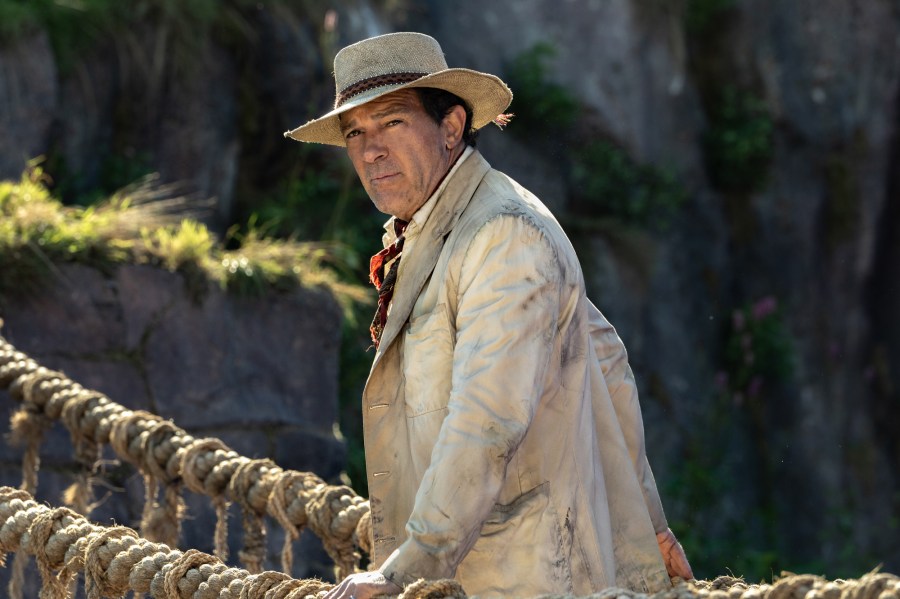Paddington Bear wasn’t even supposed to be from Peru. When writing the first book in the popular British series in 1958, author Michael Bond wanted him to be from “darkest Africa” but was saved from his casual racism by a book agent who pointed out that the continent has no bears.
Not that it mattered. The point of the stories was that Paddington was from Somewhere Else, a fish out of water whose bumbling but good-hearted attempts to fit into British society were meant to be relatable to kids going through their own trials. Every child is an immigrant in the adult world, after all.
Now, in “Paddington in Peru,” the third installment of a popular movie series based on the books, which hit theaters over the weekend, the titular bear’s home country finally gets its due. And in keeping with the quiet humanism of these movies, it’s with a thoughtful exploration of the lingering effects of colonialism and the push-and-pull that immigrants feel toward their homes.
The movie has lessons that Americans could stand to benefit from right now as our president targets immigrant communities with renewed threats of mass deportations, increasingly indiscriminate ICE raids and anti-immigrant rhetoric that fuels angry white nationalists trying to claim the country for their own.
That all sounds heavy, so let me reassure you: “Paddington in Peru” is a movie that an elementary schooler will enjoy, full of bright colors and singing nuns and adventures in the jungle.
The “Paddington” movies take his experience as an immigrant seriously.
But far more than the books ever did, this and the other “Paddington” movies take his experience as an immigrant seriously. The first, in 2014, featured a villain who refused to accept him as anything more than a bear and a crotchety neighbor who belatedly came to acknowledge his worth. The second, in 2017, hinged on police who were quick to arrest the immigrant bear for a crime he didn’t commit.
In the third, Paddington has officially become a British citizen, as evidenced by his new passport and, more importantly perhaps, his proper London umbrella. But he’s drawn back to Peru — and eventually into the Amazon — by a desire to help his elderly Aunt Lucy. He eventually gets caught up in a scheme to find the lost city of El Dorado, because, well, this is a children’s movie.
As before, the villain is a treat. In this case, it’s Antonio Banderas, who plays a grizzled riverboat captain as well as the multiple generations of his ancestors who haunt him with their desire to find the fabled city of gold. The most notable is a conquistador who appears to have stepped out of Werner Herzog’s epic “Aguirre, the Wrath of God” and into this movie about a lovable CGI bear. (There are references to “The Sound of Music,” Indiana Jones and Buster Keaton, too, for good measure. This is a movie made by people who love movies.)













